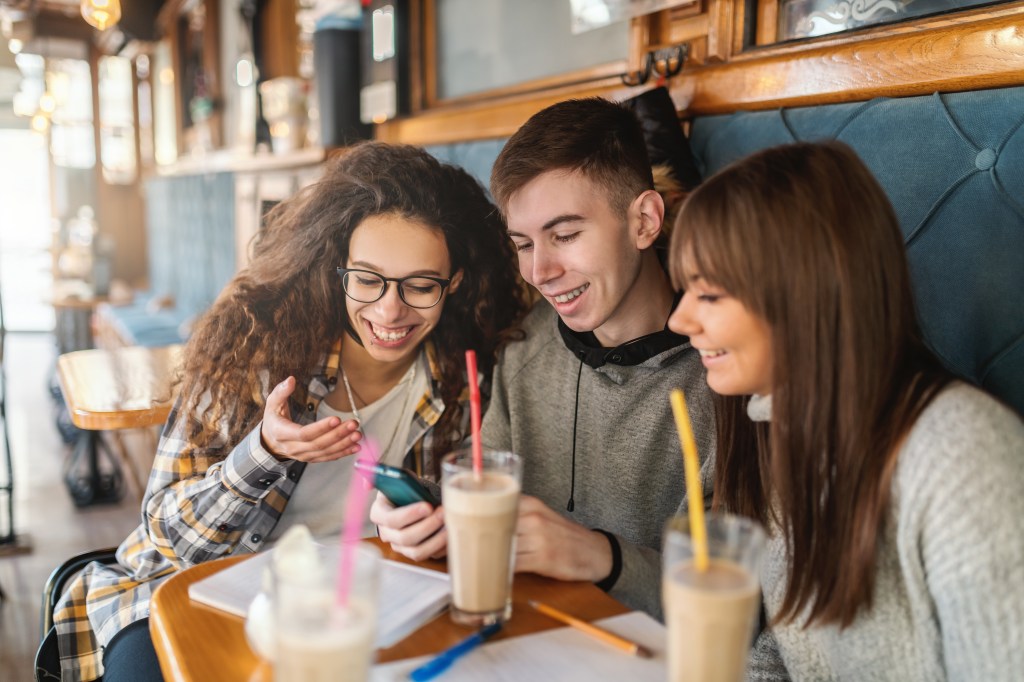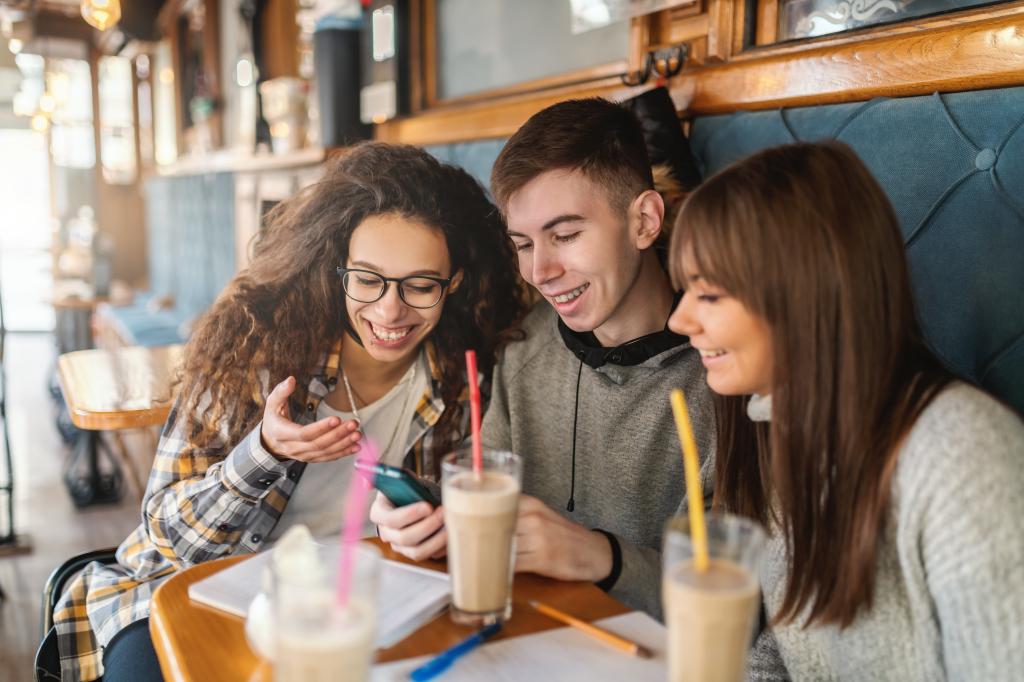The startling truth about teen caffeine consumption revealed: ‘It’s adding up’
These national poll results may give you a jolt.
One in four parents say their teens consume caffeine at least once a day or nearly every day, according to a new University of Michigan survey.
Caffeine appears to be more popular among teens 16 to 18 than 13 to 15. However, a third of parents could not name the recommended daily limit for teens.
“Our report suggests parents may not always be aware of how much they should be limiting caffeine consumption for teens,” said poll co-director Dr. Susan Woolford, a pediatrician at the C.S. Mott Children’s Hospital.
“Even for parents who know the recommendations, estimating their teen’s caffeine intake can be challenging,” Woolford added.
Teens were more likely to get their caffeine from sodas — drinks like tea and coffee were their second choice. Less than a quarter of parents said their kids consumed energy drinks.
Regardless of where teens are getting their caffeine, too much of it can harm their physical and mental health.
“Caffeine is a drug that stimulates the brain and nervous system, and too much of it can contribute to a variety of health problems in young people,” Woolford said.
“Teens’ brains are still developing, and excessive caffeine consumption can affect their mood, sleep and school performance, along with other side effects,” she continued. “They can also become dependent over time, as is true for other drugs.”
Side effects of too much caffeine can include insomnia, headaches, irritability and nervousness.
“If your teenager regularly consumes caffeine and is having a hard time sleeping or if they appear jittery, you should take a closer look at whether their caffeine intake is too high,” Woolford said.
Recommended caffeine amount
The American Academy of Pediatrics advises kids and teens against drinking caffeinated beverages, whereas other health experts say teens should limit intake to 100 milligrams a day (a standard 8-ounce cup of coffee).
Most healthy adults can safely drink up to 400 milligrams of caffeine per day, according to the Mayo Clinic.
Woolford explained that one energy drink can have as much as 500 milligrams of caffeine along with excessive sugar.
“Parents can reduce their child’s risk of becoming caffeine dependent by checking product labels before purchasing any of these items for their family,” Woolford advised.
Why do teens drink caffeinated beverages?
Two in five parents of teens who consume caffeine often said their kids were motivated by taste. Less than a quarter blamed caffeine consumption on peer pressure, and very few parents said their kids drank caffeine to stay awake.
“As parents appear to suggest that teens consume caffeine more for the taste than for the stimulant effect, it may be possible for parents to encourage the use of similar tasting options that are caffeine-free,” Woolford said. “But parents may not even be aware that kids are drinking several caffeinated drinks a day and how it’s adding up.”
Get the latest breakthroughs in medicine, diet & nutrition tips and more.
Subscribe to our weekly Post Care newsletter!
Thanks for signing up!
Model behavior
Woolford suggests parents talk to their kids about healthy caffeine consumption.
Two-thirds of parents admitted to drinking caffeine daily or nearly every day. A third of those parents claimed they tried to cut back on caffeine, and 16% said their teen has also tried to scale back.
“Parents who have reduced their own caffeine consumption can draw on their experiences to help their teen establish a plan to cut back slowly to avoid withdrawal effects,” Woolford said.













